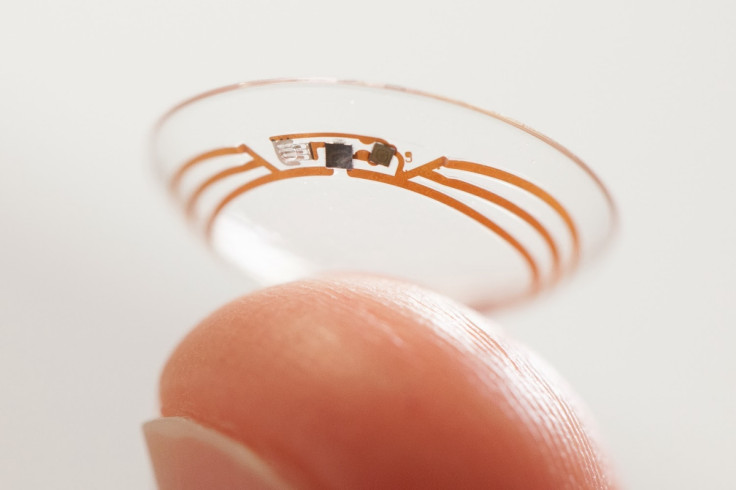Google's smart contact lens of the future delayed after 2016 trial target deemed near-sighted
The autofocus contact lens is being developed for presbyopia sufferers.

Google has been forced to put a pin in its plans for a 'smart' contact lens after plans for human testing ran into delays. Alphabet offshoot Verily Life Sciences and pharmaceutical partner Novartis hoped to begin clinical trials of the lens this year, however the companies have now scrapped this target.
Google is currently known to be developing two new types of contact lens. One of these is designed to monitor the blood glucose levels of diabetes patients, while the other is being created for people for far-sightedness that will offer auto-focusing. The delays are reported to affect the latter of these lenses.
Novartis previously said that its auto-focusing contact lens was on-track to enter human testing in 2016, but has now abandoned this target for undisclosed reasons. However, a company spokesperson told Reuters that work on the product was "progressing steadily".
"It is too early to say when exactly human clinical trials for these lenses will begin," they told the news agency. "This is a very technically complex process and both sides are learning as we go along. We will provide updates at the appropriate time."
Google proposed its auto-focusing contact lens back in 2014. The lens is designed for people who suffer from a form of far-sightedness called , which is an inability to focus on close objects.
What is presbyopia?
- Presbyopia is a condition associated with ageing of the eye that results in a steadily worsening inability to focus on close objects.
- It is a natural part of ageing and is caused be a hardening of the lens of the eye, which causes the eye to focus light behind rather than on the retina when looking at close objects.
- Symptoms include difficulty reading small print, having to hold reading material farther away, blurriness when looking between near and far objects and frequent headaches and eye strain.
The lens is being manufactured by Novartis' eye care division Alcon, with one speculative reason for its delay being the leadership shake-up that has occurred at the company since its partnership with Google.
It's unclear when the companies' lens for diabetes sufferers, which contains chips and sensors the size of glitter to monitor the glucose levels, will enter testing.
Google isn't the only company eyeing up smart optics, with Samsung currently reported to be working on a contact lens capable of projecting augmented reality experiences directly into the wearer's vision.
© Copyright IBTimes 2025. All rights reserved.






















